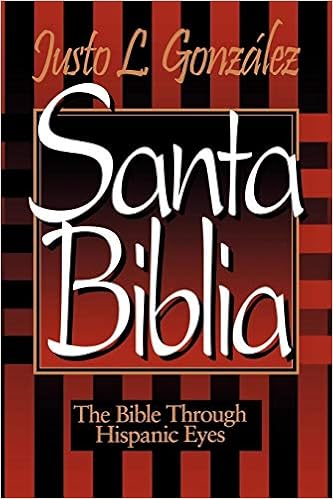In America, we often take for granted different things that are easily accessible to us without considering they might be luxuries for others. While traveling throughout Spain, I have realized one of those luxuries is Christianity. The future of the Church in Spain is not one of much hope. As many as 48.9% of people between the ages of 18 and 24 are not religious and only 48.5% reported they had any sort of belief system. This is in stark contrast to people over the age of 65, of which 88.6% believe in God. The number of believers in Spain is 69.5%, but only 26.6% are currently practicing believers. In 1980, only 8.5% of the population were nonbelievers. Since then, the percentage of believers has been significantly plummeting.
An important part of Spain’s history must be noted in order to understand the lack of belief among this younger generation, as well as the downward spiral of believers. The dictatorship of Francisco Franco’s rule and his connection with the Roman Catholic Church cannot be overlooked. It was the Roman Catholic Church which backed Franco and the Nationalists in the Spanish Civil War that broke out between 1936 through 1939; Franco won and made Christianity an obligatory element of Spain.
With this bloody history backdrop to Christianity, ministry must look different in Spain. Our Interterm class, Interpreting the City: Reading the New Testament in Spain, has been traveling to different places of Spain with Dr. Wayman and Dr. Hernández to learn more about Spain’s history of Christianity. We have heard stories of how ministry in Spain is rumored to be the most difficult of anywhere in the world because of the once-obligatory religion.

Dr. Hernández told us a story about a time when he and a friend were in a grocery store. While checking out, his friend noticed the cashier had a ginormous whale tattoo on her bicep. This was precisely what he needed to begin to share the Good News with her. He asked if she ever heard the story of Jonah, but she had not. He explained how Jonah was swallowed by a whale, which was actually saving him, and after Jonah agreed to go where God wanted him to go, God ordered the whale to spit him out. A simple biblical story, brought to life through storytelling, to a woman who did not know Christ. Dr. Hernández told us other unique stories of how ministry is done in contemporary ways, including a church that meets at a Burger King! In a culture that has been deeply hurt by religion, the Church must be reimagined to allow the Word of God to spread.
As Christians in America, we have something that is different than Spain – the freedom of religion that our country was founded on. That freedom has helped the Church flourish, although we also face declining attendance in our churches. This privilege is one that we forget to rejoice in, or even acknowledge. Many Christians in America read stories in the Bible placing themselves in the center, as the heroes. However, we are a nation founded on freedom at the cost of people of color, and we continue to be ignorant of the marginalized view of Scripture.

One of our texts for class was Santa Biblia, by Justo. In his book, González collected accounts from others while also sharing his own perspective of reading Scripture through marginalized, Hispanic eyes. For González, being marginalized means to be excluded from the center, an experience that Latinos easily identify with. The reading of this text helped me read the book of Luke and Acts through a new set of eyes – ones of being more aware.
I read chapter 12 of Acts, and I think that many Americans, including myself, personally identify with Peter’s miraculous escape from prison. But upon rereading, I have discovered that we are not imprisoned for our faith as he was. We are King Herod oppressing people. Despite the oppression of people of color in America, the Word of God continues to spread and flourish. America needs to embrace the marginalized view of Scripture in order to understand the Word of God in a more robust sense. The experiences of the marginalized allow them to read Scripture in ways white Europeans cannot. The American Church must continue to give platforms to the marginalized, so we can fulfill the unity and diversity of the body of Christ to which we are called.
Media by Thomas Broomfield.




























